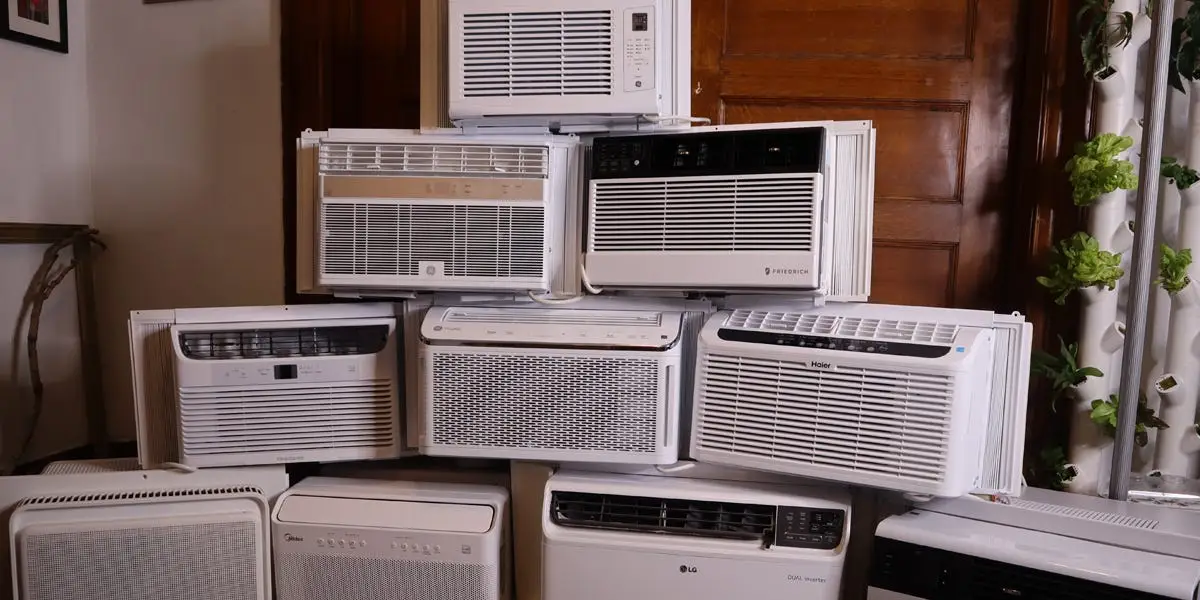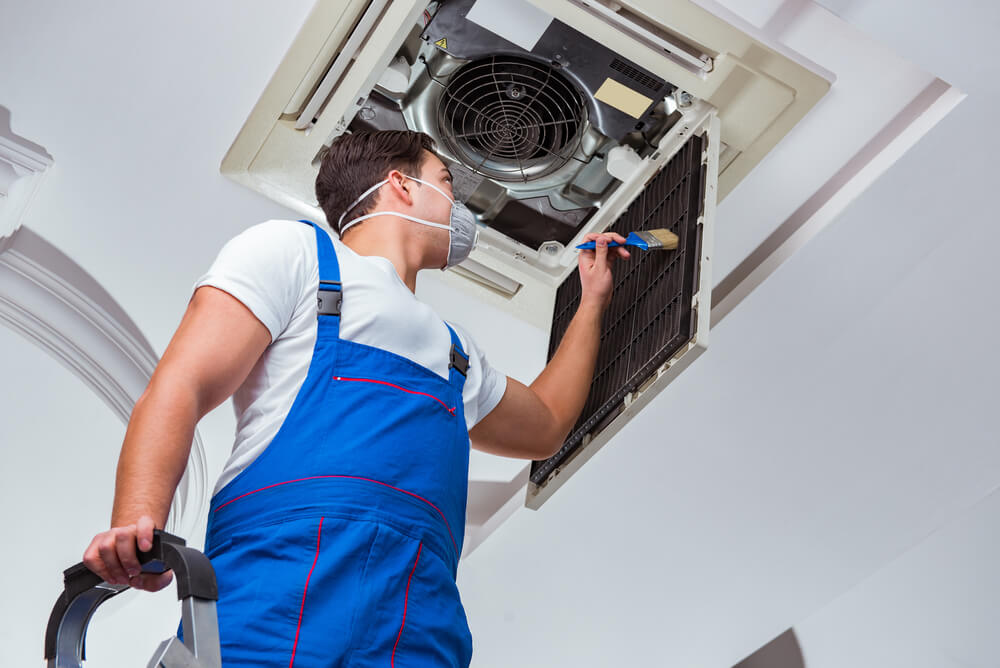Types of Air Conditioners for Your Home That You Need to Know About
- Posted on Nov. 7, 2023
- Home
- Views 67
In modern households, air conditioning systems have evolved from being a luxury to a necessity. With rising temperatures and an increasing need for convenience, choosing the right air conditioning system is paramount. With multiple options available, making an informed choice can be daunting. This guide seeks to demystify the various options, helping you make an educated decision.
Read More

1. Ductless Mini Split Systems
Understanding the System: Ductless mini-split systems are designed for homes that don’t have existing ductwork. Instead of one central unit cooling the entire house, multiple individual units cool specific rooms or zones.
Benefits: Their decentralized nature ensures more efficient and customizable cooling. For instance, rooms that are unused can be turned off, leading to energy savings. Additionally, these systems are known for quieter operation compared to standard air conditioners.
Considerations: While initial installation costs might be higher than standard units, the long-term energy savings can offset this. Additionally, since there's no ductwork involved, concerns about air loss through ducts are eliminated.
2. Window Units
Understanding the System: Compact and self-contained, window units are designed for single-room cooling. They’re mounted directly on windows and expel heat outside while cooling the indoor air.
Benefits: They’re relatively affordable and manageable to install. They can be a great solution for those living in rented spaces, as they're easily removable and don’t require significant modifications to the property.
Considerations: Their efficiency drops for larger rooms or areas, and they might be noisier than other options. Plus, they can block natural light and views from the window.
3. Portable Units
Understanding the System: These freestanding units can be moved between rooms. They cool by pulling in room air, cooling it, and directing it back into the room. Warm air and moisture are vented outside through a window using an exhaust hose.
Benefits: Flexibility is their biggest advantage. They’re perfect for homes where window units are impractical or prohibited.
Considerations: They’re generally not as efficient as other types and might consume more energy for the same cooling effect.
4. Floor Mounted Systems
Understanding the System: These are similar to mini-split systems but are installed closer to the floor, making them ideal for homes with particular architectural constraints.
Benefits: They're discreet, efficient, and perfect for homes with large windows or minimal wall space.
Considerations: Ensure there’s enough clearance around the unit for optimal airflow.
5. Hybrid/Dual Fuel Systems
Understanding the System: A fusion of standard furnace heating and heat pump cooling, these systems auto-switch between gas power (for colder days) and electric power, ensuring optimal efficiency.
Benefits: Energy-saving and perfect for areas with varying weather conditions.
Considerations: The initial investment is higher, but the dual-mode operation can lead to substantial savings over time.
6. Smart Systems
Understanding the System: Integrating technology with functionality, smart air cond systems are Wi-Fi-enabled, facilitating remote operation and monitoring via smartphones or computers.
Benefits: Customizable schedules, energy tracking, and maintenance reminders provide a user-friendly experience.
Considerations: They require a stable Wi-Fi connection for seamless operation.
7. Geothermal Systems
Understanding the System: Tapping into the Earth's consistent underground temperature, these systems cool homes in the summer and warm them in the winter.
Benefits: Extremely energy-efficient and environmentally friendly.
Considerations: High initial installation costs, but with remarkable long-term savings.
8. Saddle Units
Understanding the System: These innovative designs straddle a window's base, providing cooling without obstructing views.
Benefits: Perfect blend of aesthetics and functionality.
Considerations: Being a newer technology, they might be priced higher than standard window units.
Final Thoughts
Choosing the right air conditioning system demands a blend of understanding your home’s needs and the components and godsends of each design type. Always consult with HVAC professionals, assume energy efficiency ratings, and evaluate long-term costs and benefits. With the right choice, you can ensure years of cozy living and optimal energy use.


